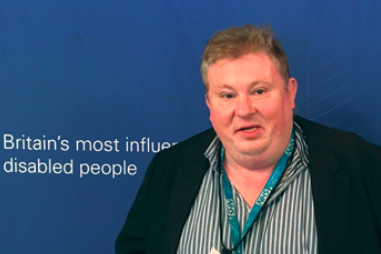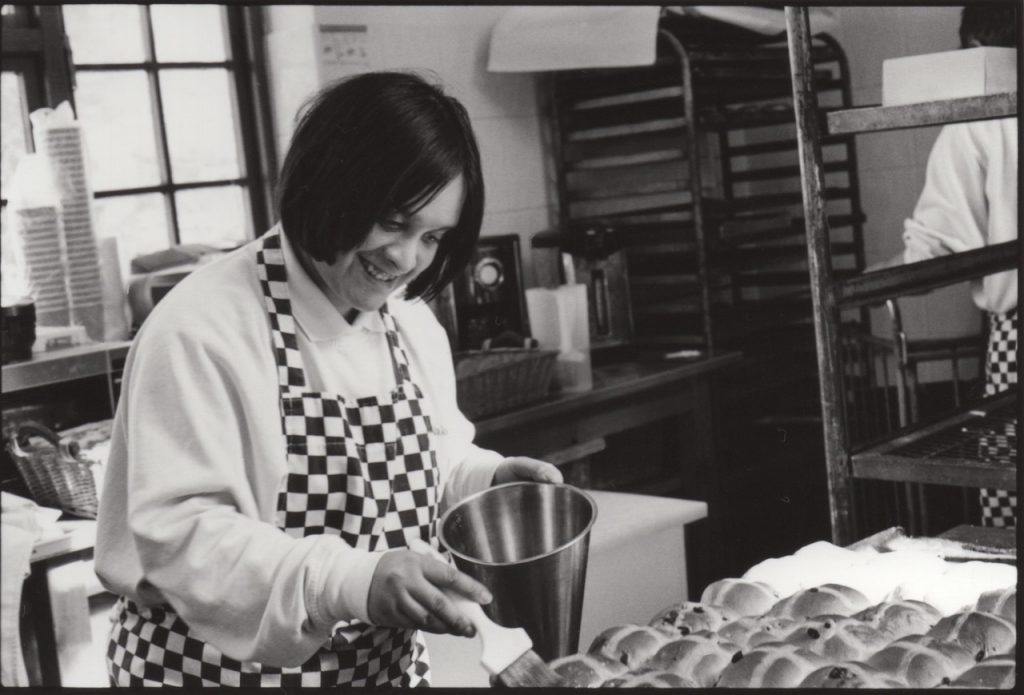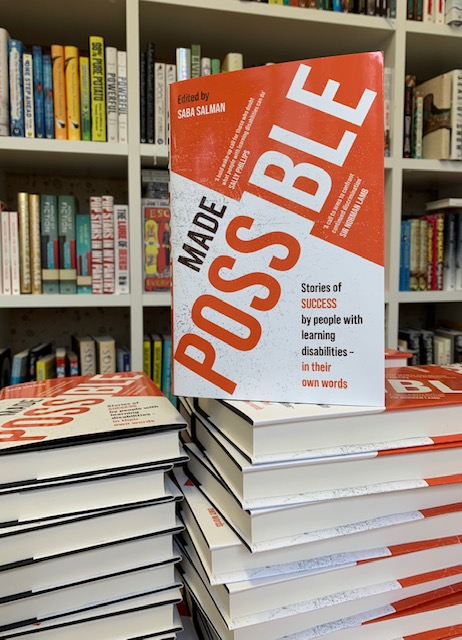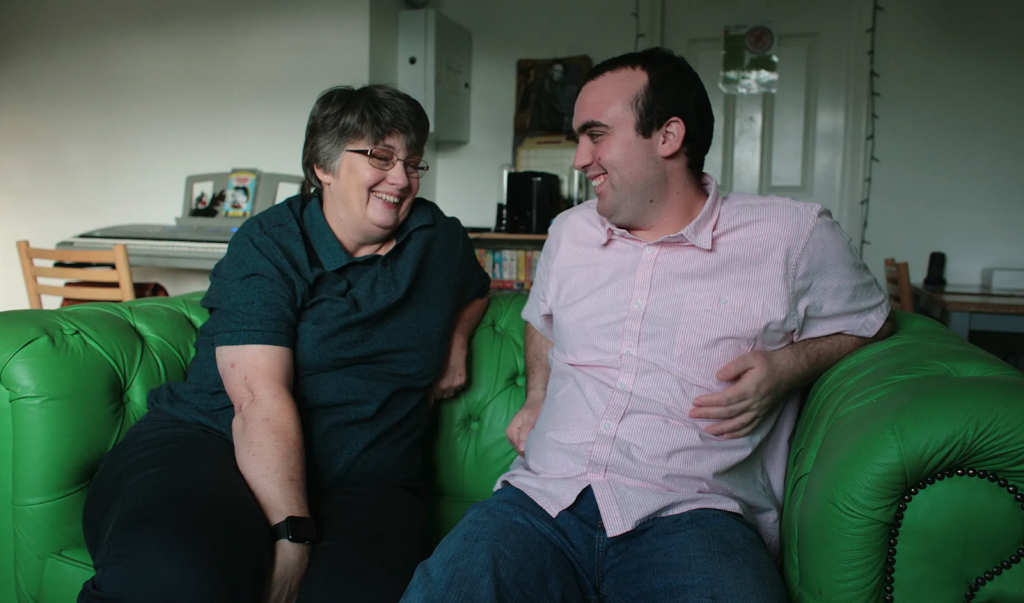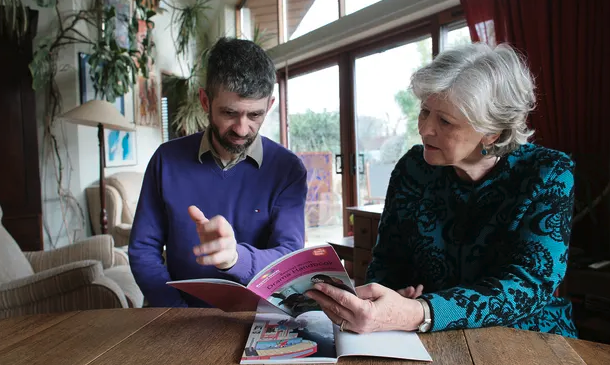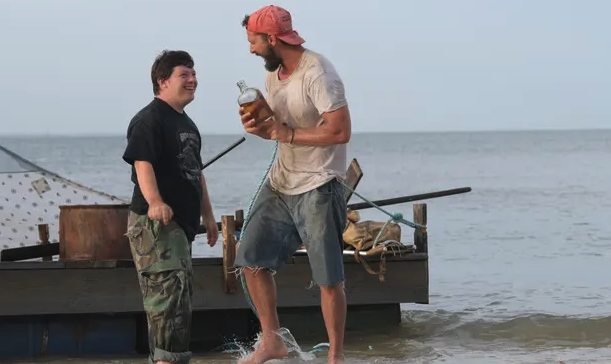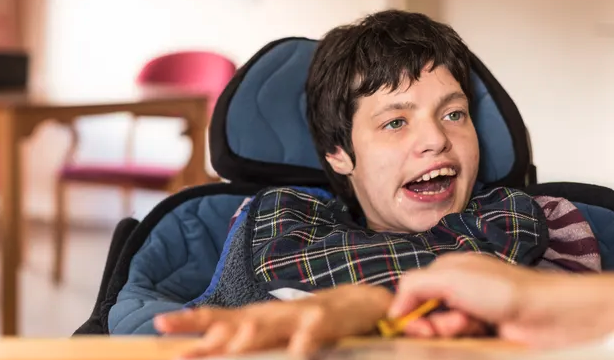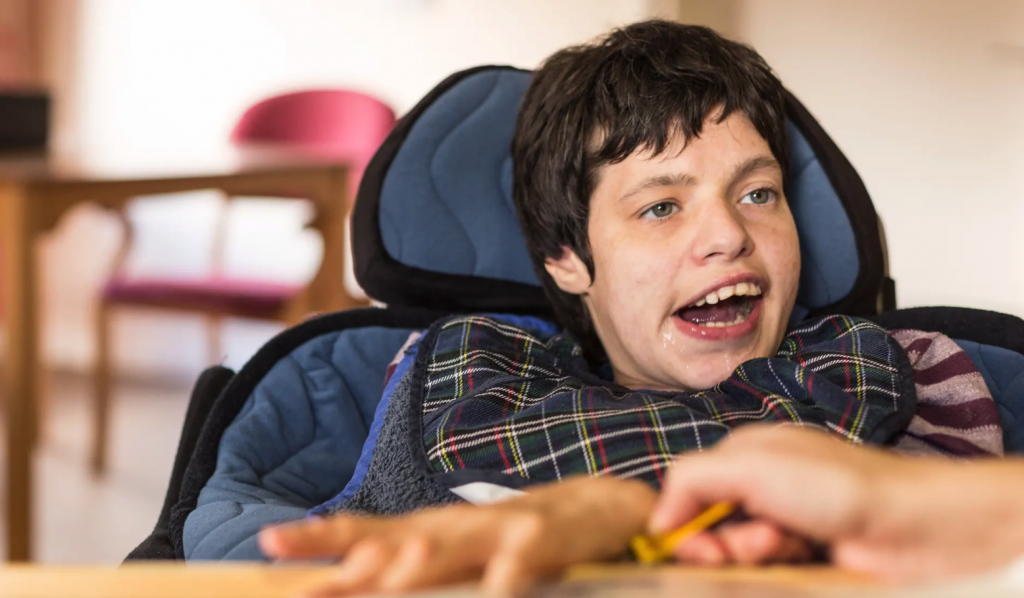“Not everyone with a learning disability wants to work in a supermarket, but jobs for learning-disabled people aren’t ever talked about in terms of professions. If they were, it could change how everyone sees us.”
Veteran campaigner Gary Bourlet, co-founder of Learning Disability England, says people should have not just a job but also a career. This, as he argues in my book Made Possible, stories of success by people with learning disabilities, would have a dramatic impact on public attitudes.
Meanwhile, as a young man, Michael Edwards quit the council-run day centre he attended because he was frustrated with the menial and mind-numbingly dull “work” he was given to do. The final straw was when Edwards discovered the centre staff had been mixing up the plastic components he had spent an entire morning sorting into boxes, just so he would have a job to do in the afternoon.
I wrote for Learning Disability Today about why learning disabled people have the right to meaningful paid work as much as anyone else.
These issues are even more pressing issue now that COVID-19 has intensified the inequalities faced by learning disabled people in everything from health and wellbeing to employment. We already know that successive welfare-to-work schemes have not really helped people with learning disabilities or been specifically aimed at them.
Read the rest of the piece here and find out more about my book here.

